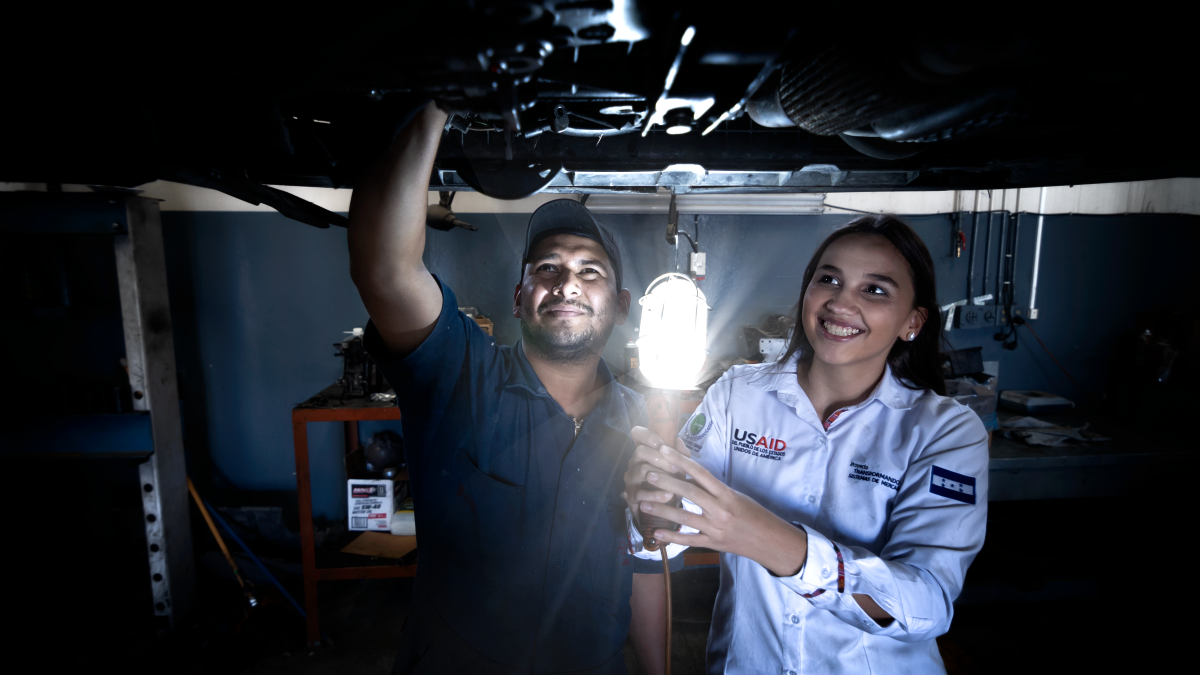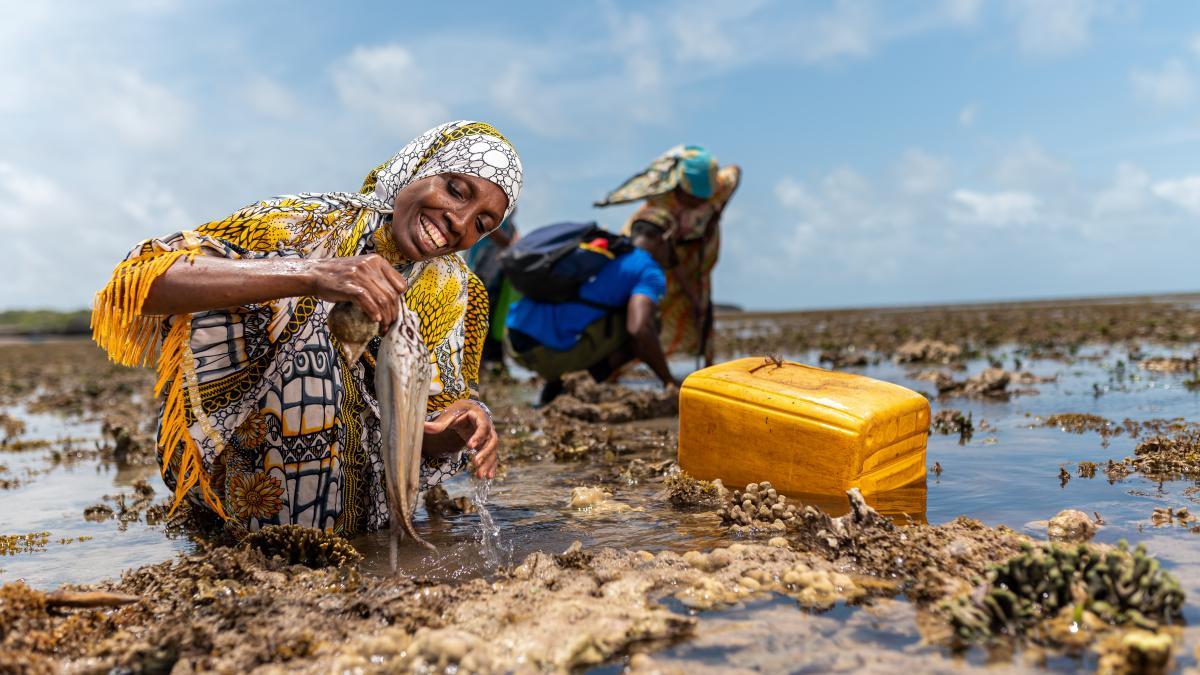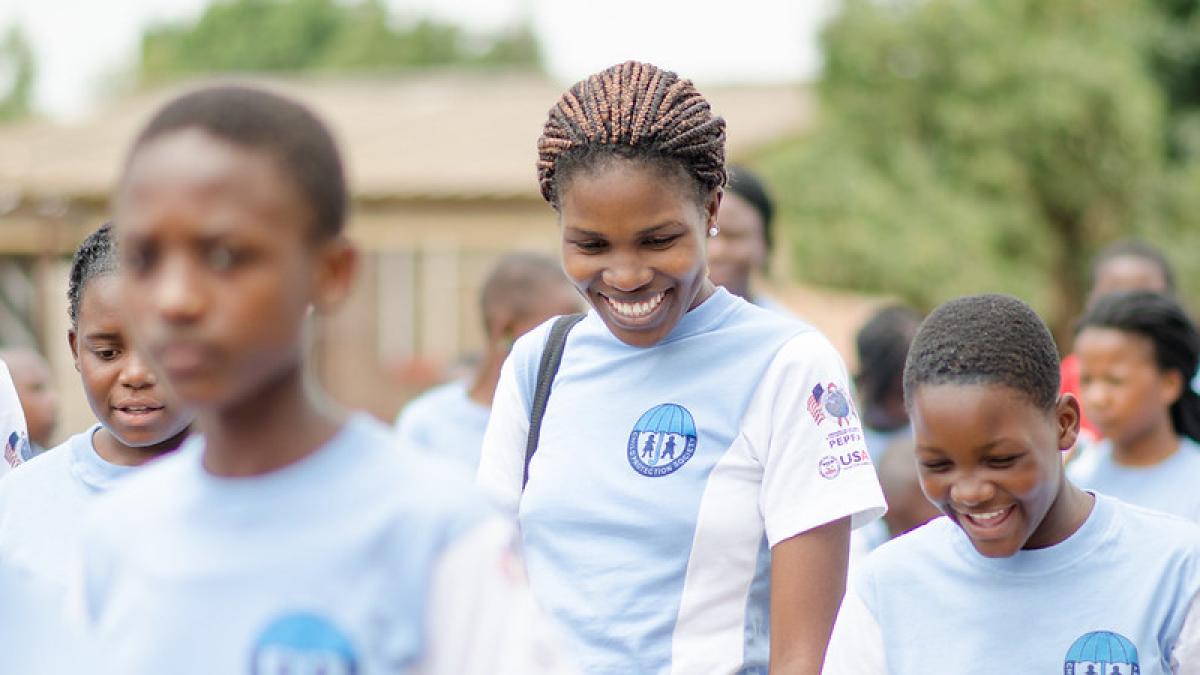Partnerships are at the core of USAID’s work. Through the Local, Faith, and Transformative Partnerships (LFT) Hub, USAID is finding ways to strengthen, expand, and diversify its partner base. Harnessing the power of partnerships is imperative to advancing sustainable, inclusive development and public diplomacy.
It is crucial that we engage more frequently and more intensely and sustainably with the broader range of partners… as they offer a scale that no single development agency can truly reach.” – Administrator Samantha Power
How does the LFT Hub strengthen USAID’s ability to partner with new, nontraditional, and diverse partners?
- Building bridges: Conduct outreach, provide guidance and connections to work with USAID, and seek to identify and lower barriers to partnership.
- Strengthening capacity: Provide USAID staff and partners with the resources to engage and support capacity strengthening efforts, including through our role in coordinating the Agency's Local Capacity Strengthening Policy.
- Advancing policy: Gather and analyze data on the role and impact of nontraditional, diverse partnerships and speak to their unique contributions within USAID and beyond.
Our Initiatives and Opportunities
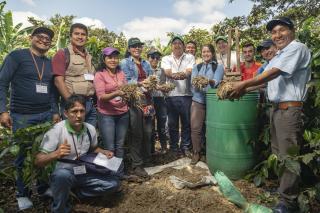
Cooperative Partnerships
As jointly owned and democratically controlled enterprises, cooperatives are a force for inclusive,
sustainable development. USAID is supporting cooperatives and credit unions around the world
through partnerships with U.S.-based cooperative development organizations.
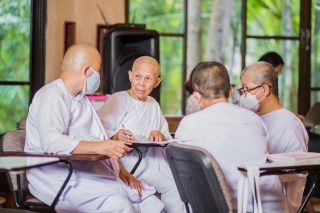
Faith-Based and Community Partnerships
Faith-based organizations, both local and international, serve populations in some of the most
vulnerable contexts in the world. They are often embedded in communities and uniquely qualified to
identify and meet local needs. USAID partners with and alongside faith-based and community
organizations to advance shared development and humanitarian assistance goals.

Locally Led Partnerships
When local partners own agenda-setting and decision-making, development outcomes are often more
successful and sustainable. USAID is strengthening its ability to collaborate directly with new and
underutilized local stakeholders, and to partner in ways that enable local stakeholders to drive the
development process.
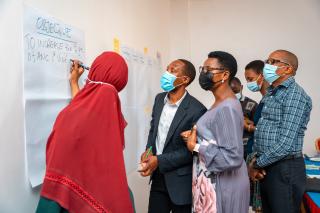
New Partnerships
Expanding USAID’s collaboration with new, nontraditional, and local actors is essential to unlock the
full potential of USAID partnerships. USAID’s New Partnerships Initiative (NPI) seeks innovative
approaches that enhance equity and promote local accountability and leadership while fostering new
sources of funding to sustain partnership and scale impact.
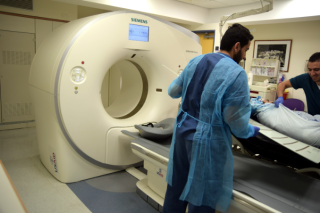
Partnerships with American Schools and Hospitals Abroad
Through partnerships between U.S. organizations and overseas institutions, USAID has aided in the
development of more than 300 innovative schools, libraries, and medical centers globally to cultivate
civil society and advance public diplomacy. Some of these partnerships also enable USAID to provide
schools, hospitals, clinics, and other facilities around the world with federal surplus property to
promote sustainability in development projects.
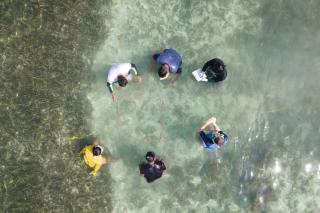
Partnerships with the Peace Corps
By leveraging the unique capabilities of USAID and the Peace Corps, shared expertise and resources
address community priorities and strengthen local capacity around the world.
Leadership
Carl Anderson
Director; Local, Faith, and Transformative Partnerships Hub
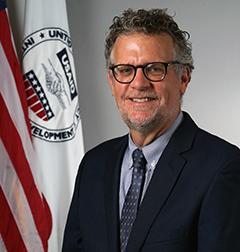
Before joining the LFT Hub in August 2024, Carl Anderson was Deputy Mission Director for USAID Guinea/Sierra Leone. He was the USAID Country Representative in Benin, 2019-2023 after leading teams in the offices for Governance and Economic Opportunities in Iraq and directed the Democracy, Rights and Governance Office in Egypt. He was also the Deputy Director for the Democracy, Rights and Governance Offices in Afghanistan and Haiti. He formally joined the Foreign Service for USAID in 2011, but worked for USAID in senior advisor positions in the Democracy and Governance offices in Haiti and Zimbabwe, from 2008-2011. Before joining USAID, Mr. Anderson held leadership positions with the Philadelphia District Attorney’s Office, the Pennsylvania Commission on Crime and Delinquency, and the Pennsylvania Office of the Inspector General. He also worked in Bosnia, Albania, Bulgaria, and Haiti on elections, rule of law, and justice projects with the American Bar Association, OPDAT, ICTY and the OSCE. Mr. Anderson received a B.A. in International Relations from McGill University and a J.D. from the Saint Louis University School of Law. He also speaks French.
Paul Burford
Deputy Director; Local, Faith, and Transformative Partnerships Hub

Paul Burford is the Deputy Director of the Local, Faith, and Transformative Partnerships Hub which includes the Locally Led Development Initiatives, the New Partnerships Initiative, the Center for Faith-Based and Neighborhood Partnerships, the Cooperative Development Program and American Schools and Hospitals Abroad. Paul is a graduate of Longwood University in Virginia where he received a bachelor's degree in business administration with a concentration in economics. After a couple years in sales, Paul moved from his hometown of Virginia Beach and joined USAID in 2009 as a Contract and Agreement Specialist in the Management Bureau’s Office of Acquisition and Assistance (M/OAA). In M/OAA he managed the Latin American and Caribbean portfolio and eventually the Global Health Supply Chain program. He also served as Branch Chief in M/OAA managing a large portfolio for the Bureau for Food Security. Paul also served as Project Manager for the Effective Partnering and Procurement Reform effort. He started his role in IPI/LFT as Deputy Director in October 2020 and also serves on the Localization leadership team at the agency.

